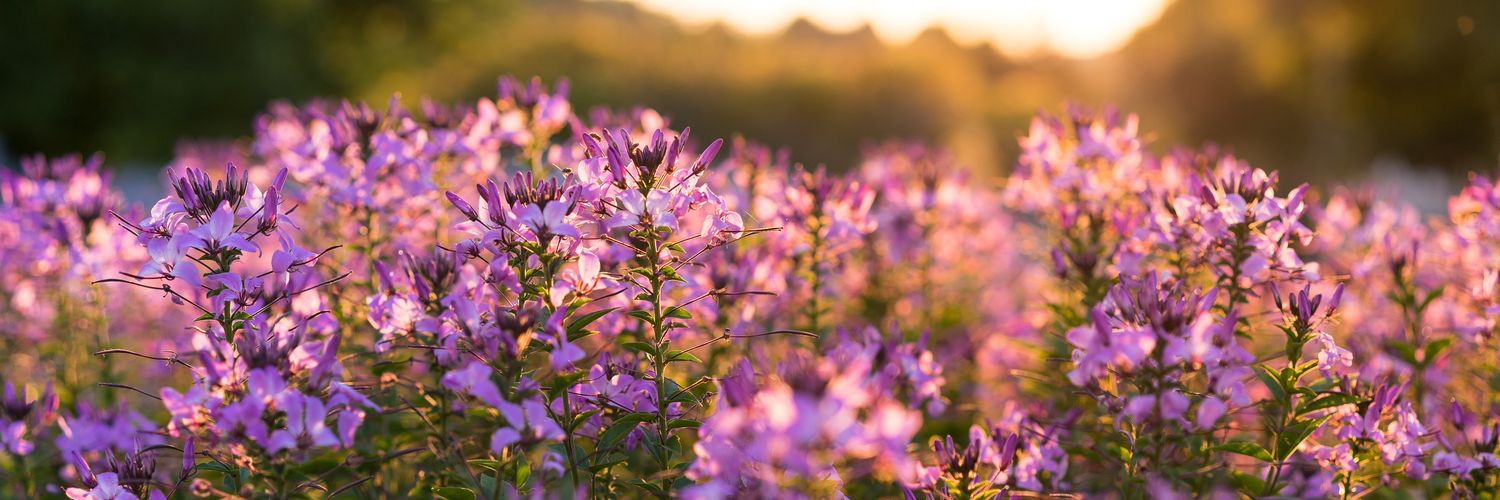A friend sent me a link the other day to an article about Patrisse Marie Cullors-Brignac, recently named one of the nation’s top civil rights leaders by Los Angeles Times, a NAACP History Maker in 2015, and one of the three founders of #BlackLivesMatter. The article describes the role that spirituality plays in Patrisse’s approach to activism. (Patrisse is a practitioner of the Ifà religion and sometimes approaches activist actions as “ceremonies”.) The article supports and explains why Patrisse believes healing, wellness, and self-care are important to the movement.
Reading the article brought to mind my own journey and how indigenous spirituality has played an instrumental role.
During my mid-twenties I simultaneously was made aware of issues of racial justice and spirituality. My mentor, Vance Aniebo, a Nigerian-born Black man, sensed in me a thirst for a deeper relationship to myself and the world.
Vance was part of Shade Tree Multicultural Foundation, a spiritually-based mentorship community, and a Los Angeles-based spiritual study group, Black Gnostic Studies, founded by Dr. Alfred Ligon, an African American bibliophile and metaphysician.
This spiritual study was Afro-centric, but not intended only for Black people. Black meant “hidden,” and gnostic referred to “wisdom.” And so it was that I was invited to begin attending Black Gnostic Studies classes in downtown Los Angeles at the Aquarian Spiritual Center while Dr. Ligon was still alive and teaching.
Taking up Black Gnostic Studies and delving into issues of race and class was initiatory, and the resulting internal and external changes felt radical. I simultaneously felt honored to be invited into the Black Gnostic community, but also scared, as ties to my white family and friends became strained. My language, values, orientation toward academics and work all shifted, and I became increasingly uncomfortable in the white world of my upbringing.
Being associated with a Black community studying esoteric wisdom traditions provided an environment that encouraged both my spiritual and racial identity development simultaneously. This resulted in the reinforcement of my sense of self as whole and intrinsically valuable while at the same time I was challenged to take responsibility for my racial placement and its consequences.
This dual focus has been at the heart of my journey. Without this dual focus, I would likely have brought my unconscious racism and unexamined privilege with me into spiritual ceremonies and events. I believe this is also partly why I did not take the path of those who find beauty, joy, love, and community by moving into cultural territories occupied by people of color while denying their association to whiteness and a white identity (recently highlighted through the case study of Rachel Dolezal).
It is also part of why I stepped back when the opportunity arose for me to become initiated into an indigenous spiritual tradition mainly practiced by people of color. Something deep inside me knew that at that time in my life it would have been a reactive move out of a desire to distance myself from my whiteness, something of an escape. Since that time, I’ve been critical of other white people who, even if intended as part of personal healing, have chosen to join indigenous forms of spirituality without recognizing the role that race, racial identity, and privilege plays.
This is what the article featuring Patrisse brought home to me: The spiritual basis for healing and transformation is a core need for justice movements. I am glad that I’m still associated with practices aligned with this orientation. And yet, it’s also essential that white people invested in spirituality have a racial justice orientation. It’s altogether possible for white people to join in spiritual community across race, appreciate, enjoy, and find healing through indigenous religious practices, AND do so in ways that are accountable to people of color.
Admittedly, it’s not altogether obvious exactly how the principles of spirituality and racial justice work together on a daily basis, and this has been at the core of my writing recently. A book exploring these issues is forthcoming. The working title is Living in the Tension: The Quest for a Spiritualized Racial Justice. I am looking forward to expanding the conversation as it nears the spring 2016 publication date.
